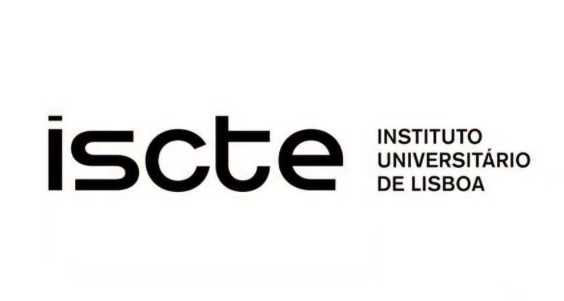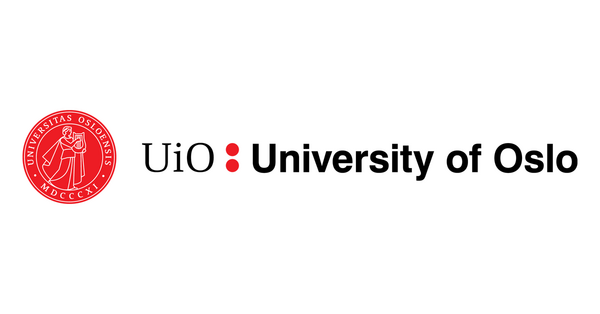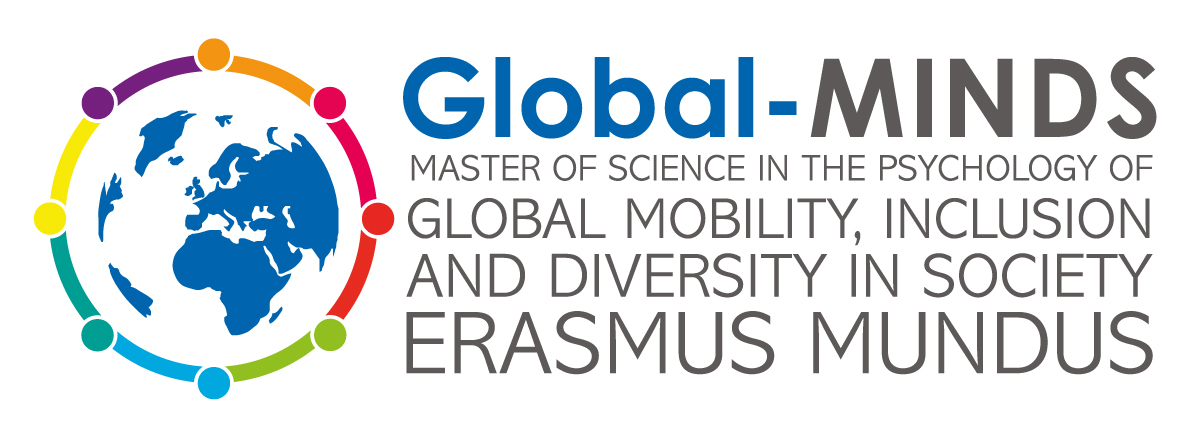THE CURRENT SOCIO-POLITICAL CONTEXT
In times of a “polycrisis” and recent socio-political developments, there is a tremendous need to better understand socio-political dynamics and how they relate to various diversity dimensions. For example, forced displacement has been discussed as a challenge, even threat, in the media and various governments and populations, undermining socio-political cohesion globally and within local and political contexts, e. g., the European Union. Here, experts on culture, diversity and intergroup relations are needed to develop social interventions and socio-political strategies for easing tensions and re-establishing good relations at the individual and societal level. Questions of intergroup communication, identity and inclusion also become highly relevant when searching for future solutions that prevent isolation, intergroup conflict and extremism in different segments of society. There are numerous societal issues in both contemporary Europe and across the globe that require well-trained individuals who have a deep understanding of the role of intergroup relations and culture in society and who can develop competent and innovative solutions to address these complex issues.
SOCIAL & CULTURAL PSYCHOLOGY
While Social Psychology has flourished since World War II, providing important insight into the relationships within and between social groups, Cultural Psychology which looks at how cultural factors relate to human functioning is a relatively new area of inquiry. Scientific studies were formally introduced in the 1970s-80s which is also the historical period that saw the formation and establishment of a very visible global market economy, the end of the Cold War and an integration of ex-communist countries into the European Union. Consequently, the late 20th century was marked by globalization with an increase in economic, political, social and informational relationships among people across national and group boundaries. A greater awareness for the need to understand each other across cultures and to get along despite one’s differences grew. The topics of culture, diversity and inclusion is currently experiencing a boom in research efforts as they relate to socio-political developments and needs. The research field is driven by fields as diverse as psychology, evolutionary science, neuroimaging, sociology and philosophy, and paints a new and more complete picture of the human species. Global-MINDS students will contribute to this endeavour and be at the forefront of ground-breaking research on urgent and societally relevant topics.
GLOBAL MINDS
Due to globalisation, migration and intergroup conflicts, professionals with intercultural competences and founded knowledge in research on social and cultural psychology are much needed across organisations, countries and societies. Global-MINDS brings together students who aim to contribute to the development of more inclusive societies. The master’s programme follows the unique structure of Erasmus Mundus programmes including a mobility component and trainings at multiple European universities, see here. It assures excellent training of graduates who will be able to deal with contemporary social and societal issues in an innovative, reflective, culturally sensitive and sustainable way. To learn more about career opportunities of our graduates, see here.
This programme is made possible by our passionate management and teaching team as well as our hard-working students and lives through our amazing network of global minds.
The 2-year program consists of two semesters of full time course work in the first year, at two different universities. This is followed, in the second year, by a semester internship with an organisation or company organised in association with the partner university of the student’s choice, and a final semester for completing and defending the thesis.
Global-MINDS students start either at ISCTE-IUL or SWPS. They then spend their 2nd semester at one of the other two Partner Universities. Three mobility paths, focusing on societal issues, ensure that students experience the highest level of diversity in regard to cultural, socioeconomic, academic conditions and educational contents (see mobility path diagram). Elective courses offered at each Partner Institution in Psychology and other disciplines (e.g., political science) allow students to deepen a thematic interest and/or obtain an interdisciplinary perspective. Students can stay at the same university after the second semester or return to the original university for the second year (internship & master thesis) semesters.
The Partner Universities ISCTE-IUL and SWPS are located in Southern and Eastern European regions and are therefore paired with Northern and Western European Partner Universities. Moreover, the academic content is complimentary in each mobility path.
MOBILITY & STUDY PATHS
When applying for the program, students must rank order their preference for the three possible mobility paths:
Culture & Diversity
Students will deepen their knowledge in Social Psychology by applying its principles regarding diversity and social inequality to contemporary social issues, such as how individuals relate to groups they are (not) part of, including topics such as collective action and ideologies of diversity and multiculturalism.


PATH B
Mobility & Society
Students will learn how to plan, conduct and evaluate applied research and interventions regarding justice and sustainability with an emphasis on migration and intergroup relations. They will also learn about how psychology can contribute to issues of human rights violations as well as post-conflict reconstruction.


PATH C
Inclusion & Health
Students will gain understanding of Social and Cultural psychology with a focus on how they intersect with Health Psychology in the experiences of migrants. Students in this path will gather experience in interventions and political issues that arise at the intersection of these three branches of psychology as well.


SEMESTER 1
The starting universities provide the foundation regarding social and cultural psychological contents.
ISCTE-IUL: Compulsory courses focus on basics regarding group phenomena including stereotyping and intergroup discrimination. Issues of intercultural contact as well as potential misunderstandings in communication situations are also covered. Students learn specific techniques to reduce prejudice in society and to improve their cultural competence.
SWPS: Compulsory courses cover an introduction to social psychological topics (e.g., prejudice, stereotyping and discrimination) and numerous cultural psychological issues such as cultural diversity, acculturation, as well as ethnic conflict.
SEMESTER 2
After completing the first semester, Global-MINDS students will move to another Partner Institution as specified above. The mobility paths have been carefully designed in order to offer students the choice of a thematic focus according to their interests and career ambitions. Students will also receive a solid training in psychological qualitative and quantitative methods and data analysis as a preparation for their Master thesis project. More information regarding specific course offerings is available on the Curriculum Page.
The compulsory Global-MINDS Summer School offers additional knowledge and skills development regarding cross-cultural methods and intervention which are not covered by the partner institutions.
**Note: the opening of the programme and each individual mobility path will depend on having sufficient students enrolled. Path A is also contingent on the local partner programme at ISCTE-IUL (the Master in the Psychology of Intercultural Relations) having sufficient students to open which will be decided no later than the end of June. In the case of any individual path not opening, students will be assigned to another path, taking into consideration stated preferences.**
SEMESTER 3 & 4
In the second year, all students must complete a 300-hour internship at an organisation whose work is related to the topics of the master’s programme. The internship is organised by the students. It is a fantastic opportunity for the students to put their newly gained knowledge into practice applying theory in context, expanding their professional profile, practicing soft skills and further developing their intercultural competencies. This component of the programme means an employment advantage in the job market for all graduates.
Additionally, all students must complete a master’s thesis showcasing their methodological skills, project management skills, critical thinking, ability to analyse and portray complex social phenomena related to societally highly relevant developments.
TIMELINE
Cohort 2025-2027
- First year:
- Virtual orientation (All paths): September 1 to 19, 2025
- Local welcome sessions: September 15 to 19, 2025 (Path A, Lisbon), September 22 to 27 (Path B and C, Warsaw)
- Semester 1 Path A (Lisbon):
- September 22, 2025 to February 2, 2026
- Semester 1 Path B & C (Warsaw):
-
- September 29 to January 20, 2026
-
- Semester 2 Path A & C (Limerick):
- January 26 to April 24, 2026
- Semester 2 Path B (Oslo):
- January 20 to June 12, 2026
- Career days: tba
- Summer school: June 15 to 26, 2026 at the University of Limerick, Ireland
Second year:
-
- Semester 3 Internship: Recommended dates: September to December 2026 (Location depends on internship) – internship report
due date is by end of December 2026! - Semester 3 & 4 thesis: Recommended dates: Summer School 2026 – June 2027 (Location depends on main supervisor) – note that you will start working on your master thesis in your 2 nd semester of 1 st year already)
- Deadline thesis submission: June 30, 2027
- Thesis defense: located at your primary supervisor’s university
between July and August 2027 depending on primary supervisor’s university - Graduation Ceremony: between January 18-21, 2028
- Semester 3 Internship: Recommended dates: September to December 2026 (Location depends on internship) – internship report
Cohort 2024-2026
- First year:
- Virtual orientation (All paths): September 2 to 20, 2024
- Semester 1 Path A: (Lisbon)
- Orientation start: September 16, 2024
- Classes start: September 23, 2024
- Classes finish: December 21, 2024
- Exams period: around January 6 to February 2, 2025
- Semester 1 Path B & C: (Warsaw) (to be confirmed)
- Welcome and orientation: September, 2024
- Classes start: September 15, 2024
- Classes finish: January 28, 2025
- Exams period: January 7-16, 2025
- Semester 2 Path A & C: (Limerick)
- Orientation: January 20-24, 2025
- Classes start: January 27, 2025
- Classes finish: April 25, 2025
- Exams period: May 6-19, 2025
Semester 2 Path B: (Oslo) - Classes start: mid January 2025
- Classes finish: mid June 2025
- Exams period: tba
- Career days: Week of February 17-21, 2025
- Summer school: June 16 to 27, 2025 at the University of Limerick, Ireland
Second year:
-
- Semester 3 Internship: Recommended dates: September to December 2026 (Location depends on internship)
- Semester 3 & 4 thesis: Recommended dates: September 2025 – June 2026 (Location depends on main supervisor)
- Deadline thesis submission: June 30, 2026
- Graduation Ceremony: between January 18-21, 2027
Cohort 2023-2025
- First year:
Virtual orientation (All paths): September 4 to 15, 2023
Semester 1 Path A (Lisbon):
- Welcome and orientation: September 22, 2023
- Classes start: September 25, 2023
- Classes finish: December 18, 2023
- Examen period: January 3 to 12, 2023
Semester 1 Path B & C (Warsaw):
- Welcome and orientation: September 21-22, 2023
- Classes start: September 25, 2023.
- Classes finish: December 22, 2023.
- Examen period: January 8-12, 2023
Semester 2 Path A & C (Limerick):
- Classes start: January 22, 2024.
- Classes finish: May 20, 2024.
Semester 2 Path B (Oslo):
- Classes start: January 15, 2024.
- Classes finish: June 14, 2024.
Semester 2 (All paths):
- Career day (online) : March 11, 2024 & TBC
- Summer school: June 17 to 28, 2024 (Limerick, Ireland)
- Second year:
- Semester 3 Internship: Recommended dates: September to December 2024 (Location depends on internship)
- Semester 3 & 4 thesis: Recommended dates: September 2024 – June 2025 (Location depends on main supervisor)
- Deadline thesis submission: June 30, 2025
- Graduation Ceremony: January 2026
